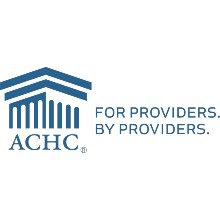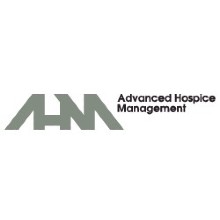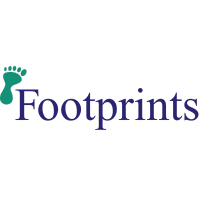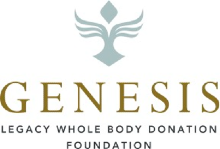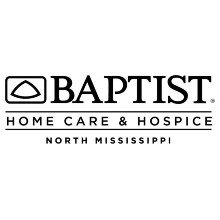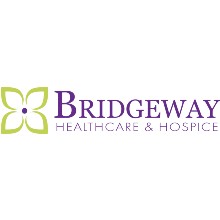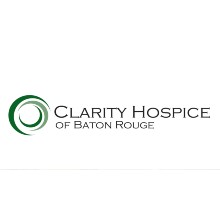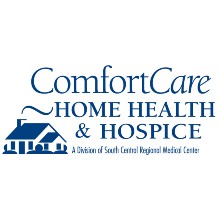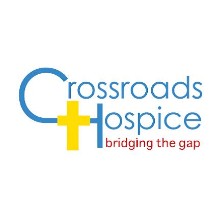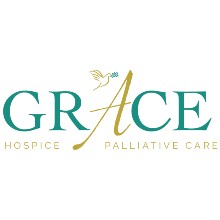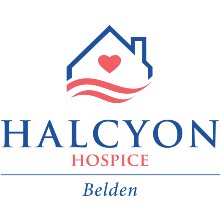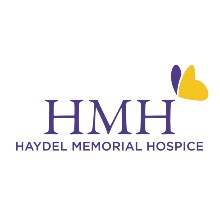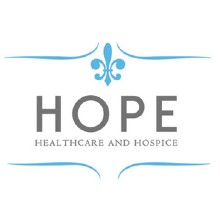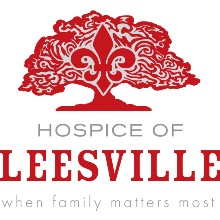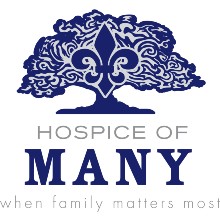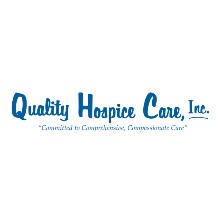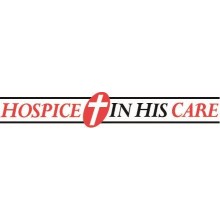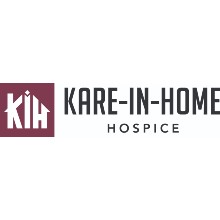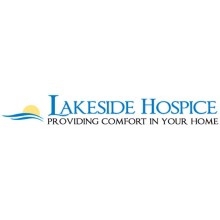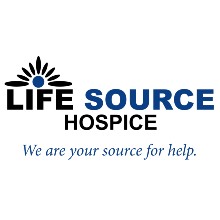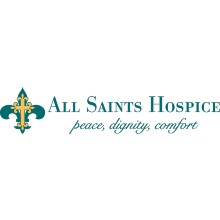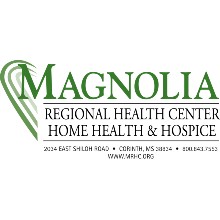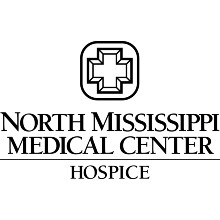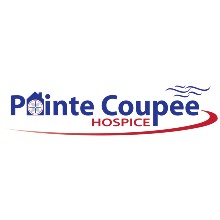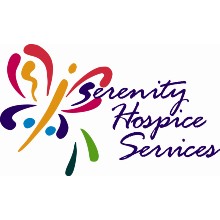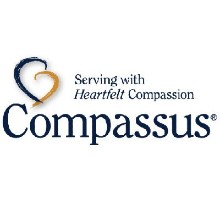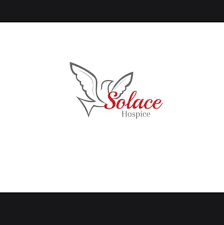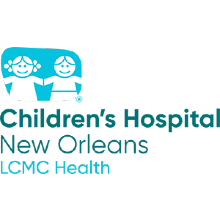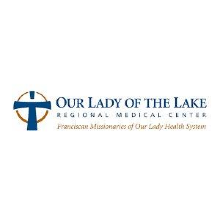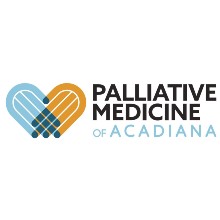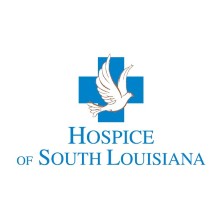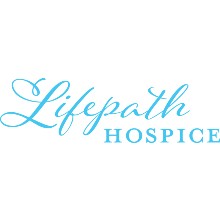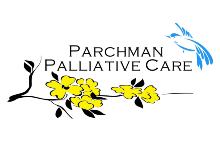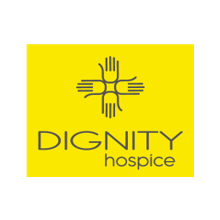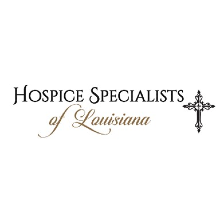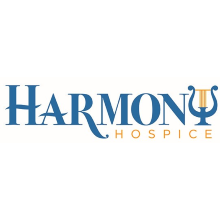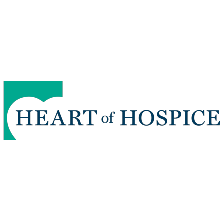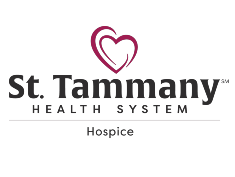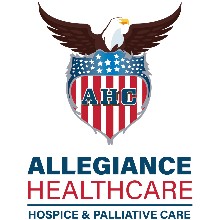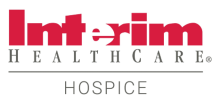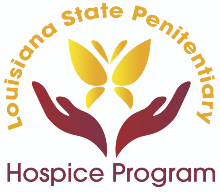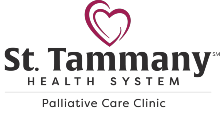HEALTH DISPARITIES AND INEQUITIES Taskforce
Mission: To collaborate with LMHPCO members to identify disparities and decrease healthcare inequities affecting the minority hospice and palliative patients we serve in Louisiana & Mississippi
Diversity, Inclusion and Equity
Acknowledging that diversity is not only racial, but multi-dimensional, encompassing not just race and ethnicity but gender, sexual orientation, religion, incarceration status, and more. LMHPCO is committed to ensuring that everyone feels seen and included from our board of directors to our staff, membership and affiliates. As an organization, we embrace diverse backgrounds and perspectives of those with whom we work and encourage our members to do the same with their staff, patients and families whom they serve. (Board Approved 4/22/2022)
|
Objectives:
-Identify healthcare disparities in palliative care and hospice settings in LA and MS
-Educate Louisiana and Mississippi providers about the prevalence of these disparities and highlight the specific barriers associated with them -Assist members to recognize unconscious bias- Provide a safe space to discuss difficult issues affecting end of life care -Provide QAPI tools that could assess disparities & address inequity issues within the members’ team/organization/department -Document healthcare inequalities experienced by Louisiana and Mississippi hospice and palliative care patients Task Force Action Plan 2022-23 Task Force SWOT Analysis Weekly Buzz |
TASKFORCE PANDEMIC RECOMMENDATIONS
The Louisiana ~ Mississippi Hospice and Palliative Care Organization (LMHPCO) Health Care Disparities and Inequities Taskforce realized the disproportionate social inequities in communities of color associated with the global health pandemic. Severe acute respiratory syndrome coronavirus 2 (SARS-CoV-2), which causes COVID-19, sparked conversation once again surrounding issues of race in America. Likewise, The New England Journal of Medicine recently published findings from Ochsner Health System (New Orleans, Louisiana) citing between March-April, 2020, 76.9% of patients who were hospitalized with COVID-19 and 70.6% of those who died were Black, whereas Blacks comprise only 31% of the Ochsner Health population.1 Although hospitalized patients were disproportionately Black, the risk of death between Blacks and Whites was the same. Additionally, Medicare data has already highlighted evidence that Blacks are less likely to use hospice compared to Whites.2 Given this information, our taskforce acknowledges the significance of ensuring Louisiana and Mississippi hospices are vigilant in maintaining quality care and unintentionally contributing to chronic health disparities exacerbated by the pandemic.Concise recommendations the LMHPCO Health Care Disparities and Inequities Taskforce proposes to hospice organizations in our region:
- During a pandemic, clear communication regarding expectation of what, if any, personal protective equipment will be provided to family members/caregivers of hospice patients.
- Provide clear understanding as to the frequency of in-home visits by hospice staff.
- Provide estimated hospice response time when a visit is indicated.
- Extensively educate family about hospice emergency kit administration for breathlessness, especially in COVID-19 patients, in a language and / or on an appropriate level they understand.
- Educate hospice staff and families about the possibility of respiratory distress if a patient with COVID-19 has elected to return home on hospice. Reassure patients and families that aggressive symptom management will be provided.
- Many patients, especially COVID-19 patients, have never considered the importance of advance directives or code status. Educate both patients and families to collaboratively discuss end-of-life goals.
- When face-to-face visits are not safe, hospices should provide patients and families with increased communication using telemedicine visits; never make patients / families / caregivers feel that necessary care cannot be provided due to a pandemic.
- If your hospice is unable to provide General Inpatient level of care to COVID-19 patients, your hospice should contract with another agency to provide that level of care or explicitly communicate this to patients / family members before offering services.
- Prognostication is exceptionally difficult with COVID-19. If admitting a patient to hospice for respiratory failure due to SARS-CoV-2, explain to families that the patient may improve and warrant discharge from hospice.
- Finally, keep in mind experts are predicting increased SARS-CoV-2 infections this Winter. Prepare to receive increased hospice referrals for patients who were previously healthy. Provide additional support to these unprepared families and patients.
References:1Price-Haywood EG, Burton J, Fort D, Seoane L. Hospitalization and mortality among black patients and white patients with COVID-19. N Engl J Med. 2020. https://doi.org/10.1056/NEJMsa2011686.2Johnson KS. Racial and ethnic disparities in palliative care. J Palliat Med. 2013;16(11):1329-1334. doi:10.1089/jpm.2013.9468. |
Resources
- A "Good Death" for All: The Need to Teach Racially Sensitive End-of-Life Care by Derrick Williams, Claire Quinlan, and Andrea Reid; J Gen Intern Med 37(9):2306-7.
- COVID-19 DATA
- There Are Racial Disparities In End-of-Life Care, Too
- Racial and ethnic differences in end-of-life care in the United States: Evidence from the Health and Retirement Study (HRS)
- Racial and Ethnic Disparity in Palliative Care and Hospice Use | AJMC
- A Call to Action to Address Disparities in Palliative Care Access: A Conceptual Framework for Individualizing Care Needs
- Evaluation of Racial Disparities in Hospice Use and End-of-Life Treatment Intensity in the REGARDS Cohort
- Racial Disparities in Hospice: Moving from Analysis to Intervention | Journal of Ethics | American Medical Association
- The Equity Issue With Advance Care Planning Cost Sharing
- Palliative Care In The Face Of Racism: A Call To Transform Clinical Practice, Research, Policy, And Leadership
- Top Ten Tips Palliative Care Clinicians Should Know About Delivering Antiracist Care to Black Americans
|
- Tool Kits
QAPI: Patient / Staff Diversity Assessment Tool
Recording
PPT Slides
Using Z Codes
CMS: Utilization of Z Codes for Social Determinants of Health among Medicare Fee-for-Service Beneficiaries
National Coalition for Hospice & Palliative Care Strategic Plan 2022-2024
R E S O U R C E G U I D E 2022 (L P H I) Collaborative to End Institutional Racism in Louisiana
How History Has Shaped Racial and Ethnic Health Disparities - A Timeline of Policies and Events
|
|
~Accomplishments/Projects~
- 10 Recommendations for improving patient perception of care during a pandemic
- Presentation at 2021 Annual Leadership Conference: Ethical and Cultural Significance of Hospice in Underserved Populations.
- October 2021 Journal Article " Diversity Improves Communication and Care Planning"
- CHAPS Research Study: Does race Impact perception of quality of care?
- Weekly Buzz - Tips to increase proficiency in regards to health disparities, inequities and other cultural issues
|
|
| |
|
|


